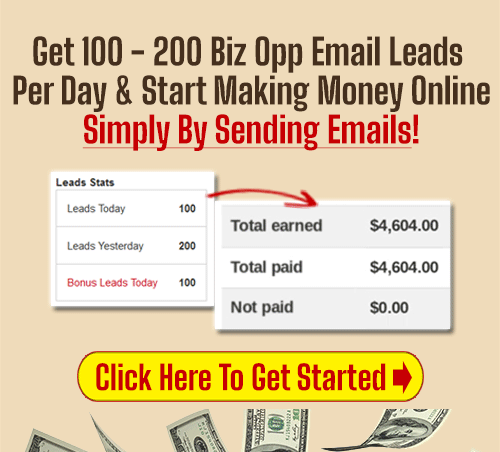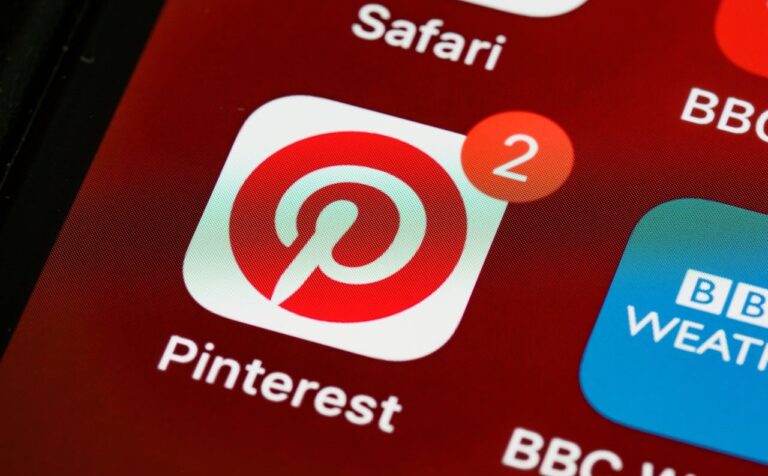
Email marketing remains one of the most powerful digital marketing strategies for businesses of all sizes. In fact, industry data suggests that for every $1 spent on email marketing, the average return is around $40—making it one of the highest ROI channels available. To stay competitive, businesses must use the right platforms to design, automate, and analyze their campaigns effectively. That’s why in this guide, we’ll explore the 7 best email marketing tools for 2026, covering their standout features, pros, cons, pricing, and use cases.
Whether you’re a small business owner, a freelancer, or a large enterprise, these tools can help you connect with your audience, boost engagement, and increase sales.
Why Choosing the Right Email Marketing Tool Matters
- Automation: Saves time by sending personalized messages at scale.
- Analytics: Provides insights into open rates, clicks, and conversions.
- Deliverability: Ensures your emails land in the inbox, not spam folders.
- Integration: Works with CRMs, e-commerce stores, and social media tools.
- Scalability: Grows with your business as your email list expands.

The 7 Best Email Marketing Tools for 2026
1. ActiveCampaign
Best for: Automation and personalization
ActiveCampaign remains a leader in 2026 because of its advanced automation workflows. You can set up complex sequences based on behavior, purchases, or engagement.
- Key Features:
- Visual automation builder
- CRM and sales tracking
- Predictive sending powered by AI
- Split testing for campaigns
- Pricing (2026): Starting from $39/month
- Pros: Highly customizable, powerful automation
- Cons: Learning curve for beginners
2. ConvertKit
Best for: Creators and bloggers
ConvertKit is designed for content creators, offering tools for monetization and audience growth. Its strength lies in its simplicity and ease of use.
- Key Features:
- Landing page builder
- Easy-to-use automation
- Creator monetization tools (digital products & subscriptions)
- Pricing (2026): Free for up to 1,000 subscribers, then from $29/month
- Pros: Simple interface, excellent for creators
- Cons: Limited templates compared to others
3. MailerLite
Best for: Small businesses on a budget
MailerLite is affordable but powerful. It provides drag-and-drop editing, automation, and strong analytics, making it a solid choice for startups.
- Key Features:
- Drag-and-drop editor
- Website and blog builder
- Email automation
- A/B testing
- Pricing (2026): Free for 1,000 subscribers, premium from $15/month
- Pros: Affordable, intuitive
- Cons: Fewer integrations than bigger platforms
4. HubSpot Email Marketing
Best for: Businesses needing full CRM integration
HubSpot is known for inbound marketing, and its email marketing platform is deeply integrated into its CRM system.
- Key Features:
- Built-in CRM
- Advanced segmentation
- Smart personalization
- Marketing automation
- Pricing (2026): Free tier available, paid plans from $45/month
- Pros: Great for scaling, deep integrations
- Cons: Expensive at higher tiers
5. Brevo (formerly Sendinblue)
Best for: Multi-channel marketing
Brevo is perfect if you want to combine email marketing with SMS, chat, and WhatsApp campaigns.
- Key Features:
- Email + SMS campaigns
- Marketing automation
- Transactional emails
- CRM integration
- Pricing (2026): Free up to 300 emails/day, paid from $25/month
- Pros: Multi-channel support, affordable
- Cons: Free plan has daily send limits
6. GetResponse
Best for: Webinars and funnel building
GetResponse is not just an email marketing tool—it also includes funnels, webinars, and conversion-focused features.
- Key Features:
- Built-in webinar hosting
- Conversion funnels
- Landing pages
- AI-powered campaign optimization
- Pricing (2026): From $19/month
- Pros: All-in-one tool, good for lead generation
- Cons: Interface can feel outdated
7. Klaviyo
Best for: E-commerce businesses
Klaviyo specializes in e-commerce email marketing with deep integrations into Shopify, WooCommerce, and BigCommerce.
- Key Features:
- Advanced segmentation
- Predictive analytics
- SMS marketing
- Revenue attribution tracking
- Pricing (2026): Free for up to 500 contacts, then pay-as-you-go
- Pros: Excellent for online stores
- Cons: Pricing scales quickly with large lists
Comparison Table: Best Email Marketing Tools for 2026
| Tool | Best For | Starting Price | Standout Feature | Free Plan |
| ActiveCampaign | Automation | $39/mo | Predictive sending | ❌ |
| ConvertKit | Creators | $29/mo | Monetization tools | ✅ |
| MailerLite | Small businesses | $15/mo | Website builder | ✅ |
| HubSpot | CRM users | $45/mo | Deep CRM integration | ✅ |
| Brevo | Multi-channel | $25/mo | Email + SMS | ✅ |
| GetResponse | Funnels/Webinars | $19/mo | Webinars | ❌ |
| Klaviyo | E-commerce | Pay-as-you-go | Predictive analytics | ✅ |
Tips for Choosing the Right Email Marketing Tool
- Identify your business goals (sales, engagement, brand awareness).
- Consider your budget (don’t overspend if you’re just starting).
- Check scalability (does it grow with your list?).
- Look at integrations (especially with your CRM or store).
- Test usability (a free trial can reveal if it suits your workflow).
FAQs
Q1: Which email marketing tool is best for small businesses in 2026?
👉 MailerLite and ConvertKit are the most budget-friendly and easy to use.
Q2: What’s the best tool for e-commerce stores?
👉 Klaviyo stands out with its deep Shopify and WooCommerce integrations.
Q3: Are free email marketing tools enough?
👉 Yes, free plans work for beginners, but scaling businesses should upgrade for advanced features.
Q4: Which tool has the best automation features?
👉 ActiveCampaign leads with its advanced workflow builder and AI-powered predictions.
My Conclusion
The right email marketing tool can transform how you communicate with your audience, boost sales, and scale your business. The 7 best email marketing tools for 2026—ActiveCampaign, ConvertKit, MailerLite, HubSpot, Brevo, GetResponse, and Klaviyo—cover a wide range of needs, from creators to large enterprises.
👉 Start with a free trial, test usability, and choose the one that aligns best with your business goals.






